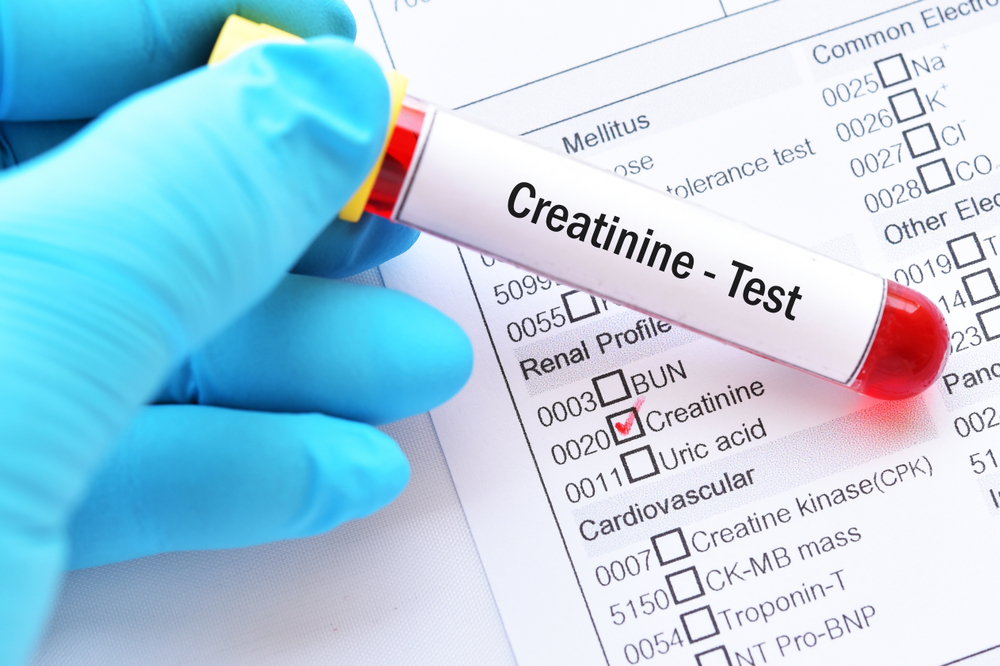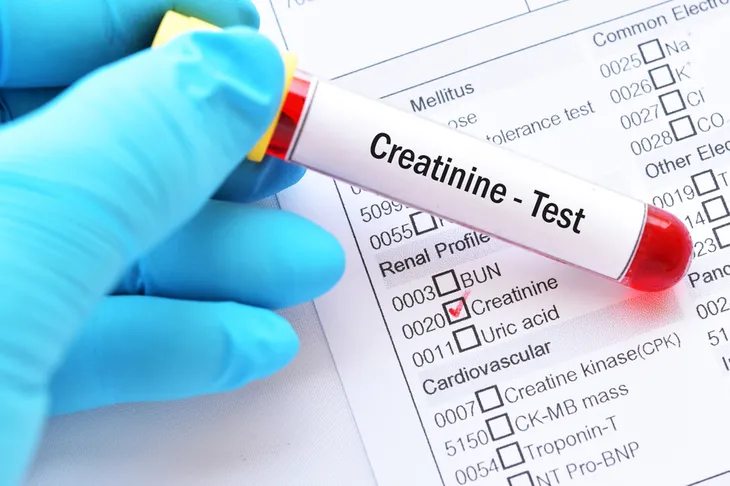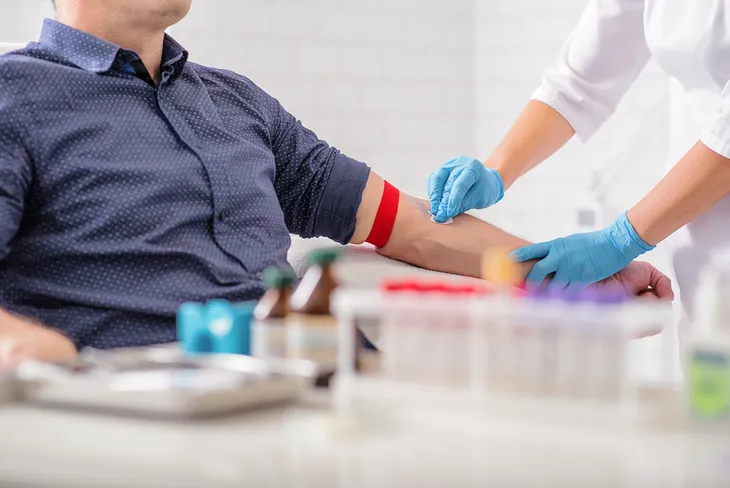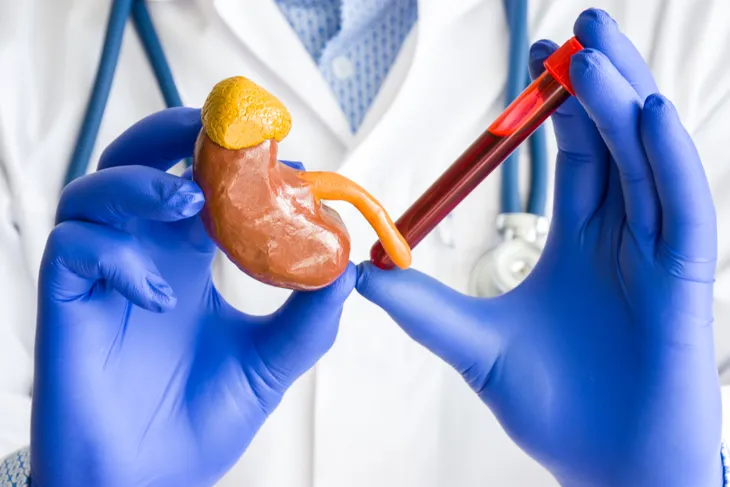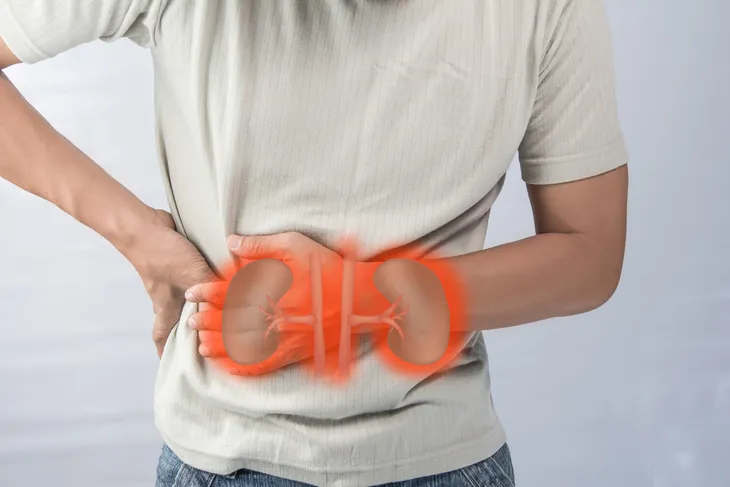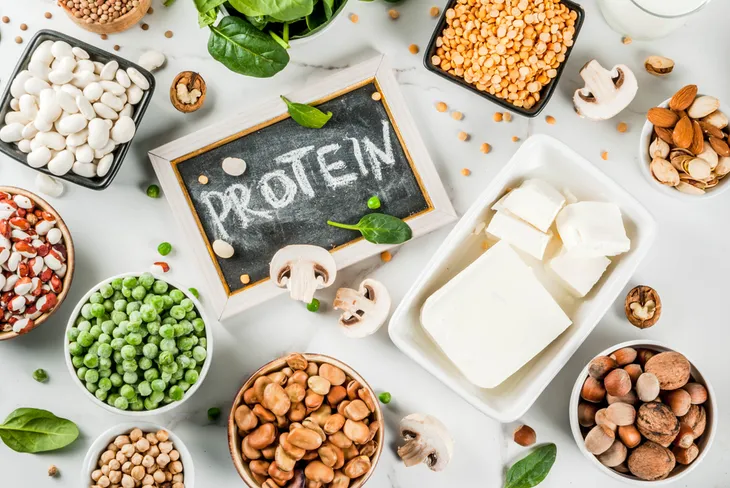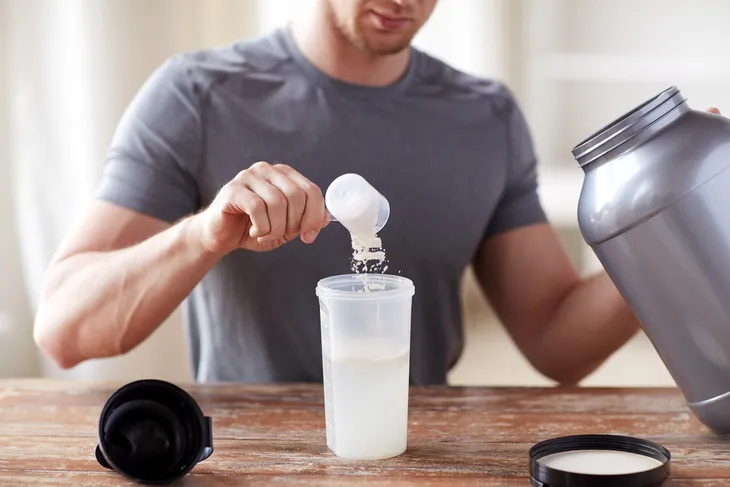Don’t be fooled by the name! It may have “create” in it, but it can also create some worry if your levels are too high. While creatinine is a natural waste product filtered from the body, certain factors can raise levels and point to potential health hazards.
But first, we need to explain more about creatinine, including what it is, how it’s formed, and why you should pay attention to it. Read on to learn everything you need to know about creatinine and how to manage it…
What is Creatinine?
As explained by Medical News Today, creatinine is produced by muscle exertion (and consuming a lot of protein) and is a natural waste product of the body. It is found in the bloodstream and urine, and it’s the job of the kidneys to get rid of it.
Because of this, those with a kidney condition may be at higher risk for high levels of this waste product. In fact, high levels of creatinine found in a simple blood test can be an indicator of an underlying health issue affecting the kidneys, it adds.
What are Normal Levels of Creatinine?
Your creatinine levels will often be checked in a routine blood test. “Creatinine has been found to be a fairly reliable indicator of kidney function,” notes Medicine Net.
So, what are normal levels of creatinine? According to the source, normal levels for men are 0.6 to 1.2-milligrams per deciliter (mg/dL) for men and 0.5 to 1.1-mg/dL for women.
What are High Levels of Creatinine?
If your creatinine levels are high, that’s when it’s a cause for concern. A high level is generally considered to be anything over 1.3-mg/dL.
The source says levels in adults that are ≥ 5.0-mg/dL (≥ 2.0-mg/dL in babies) may indicate “severe kidney impairment,” which could require a dialysis machine to assist in waste removal. Furthermore, the source also notes that a person with one kidney may have a baseline level of 1.8 to 1.9-mg/dL.
What Causes High Levels of Creatinine?
There could be a number of reasons why your creatinine levels come back high from a blood test. While it might mean your kidneys are struggling, there are some other factors that might give a high reading. For example, being dehydrated or consuming large amounts of protein (or creatine supplements) might increase levels. Thankfully, both of these are temporary problems.
However, toxicity (including from antibiotics or non-steroidal anti-inflammatory drugs [NSAIDs]), kidney infection, diabetes, high blood pressure, heart disease, and blockage of the urinary tract could be other causes of a spike in creatinine. Other experts note creatinine levels may be increased by tumors and lupus.
Possible Symptoms of High Levels
If your creatinine levels are high, you may have no symptoms at all. However, if you do, they’ll typically show up as similar signs of kidney dysfunction.
On that note, the usual symptoms of kidney disease or kidney failure might include muscle cramps, nausea, vomiting, loss of appetite, decreased urination, sleep issues, nerve pain, fatigue, dry skin, and confusion.
The Risks of High Levels of Creatinine
Medical News Today explains, “High levels of creatinine are not life threatening, but it may indicate a serious health issue.” With that in mind, your doctor might want to do further tests to find the underlying health issue, such as chronic kidney disease.
As mentioned earlier, a variety of serious health problems from diabetes to tumors may cause higher levels of creatinine. So, it’s important to pinpoint the cause to follow the correct course of treatment depending on the condition.
How to Lower Creatinine Levels Fast
The best way to lower creatinine levels fast is to treat the underlying cause. Working with your doctor, you should develop a treatment plan to help your creatinine levels return to normal.
You may require medicine, but some lifestyle changes may also help lower your levels. Ask your doctor if you can benefit from the following five lifestyle changes that may naturally lower your creatinine levels.
Look For Alternative Sources of Protein
Thankfully, there are some other ways to naturally lower your levels of creatinine, such as switching up your diet, says Medical News Today.
The source reports, one way is to consider lowering your protein intake, but more specifically avoiding red meat that contains creatine (which becomes creatinine when cooked). Instead, try vegetable proteins from beans and other non-meat sources, adds the source.
Up Your Fiber Intake
Medical News Today says that including more dietary fiber could help lower creatinine levels in patients with chronic kidney disease, at least according to a study review from 2014. “The researchers called for more long-term studies to confirm their findings,” notes the source.
Either way, fiber is never a bad idea, as it’s an effective way to manage blood sugar and optimize bowel health. There are several ways to easily increase your fiber intake, including eating more fruits, vegetables, and seeds, as well as whole grains (certain rice, cereals, pasta, and bread), according to the source.
Watch Your Supplement Intake
The same source notes some people take creatine supplements to aid in muscle building. “The muscles use creatine for energy, but if the muscles do not use it, the body converts it into creatinine,” notes the source.
Meanwhile, the source notes that red sage (Salvia miltiorrhiza) has been used in traditional Chinese Medicine to deal with kidney disorders, and studies in rodents have shown that extracts may offer some protection from kidney failure.
Check Your Medications
Healthline explains that pain relief medications may cause issues with your creatinine levels from taking them too often or in higher than recommended doses, especially if you already have kidney issues.
Other sources point out you might also want to use diuretics, which help remove excess fluid, with caution. While they are effective for this purpose, they may also raise creatinine levels in patients with kidney disease. Antibiotics can also impact the kidneys in negative ways (limiting urine flow, for example), while others may have allergies to them that affect the kidneys.
Stay Hydrated
Dehydration can cause temporary spikes in creatinine levels. However, before chugging the standard eight glasses of water a day without thought, you should speak with a doctor to find out how much fluid intake is right for you. “Fluid intake can also be an issue for some people who have kidney disease,” Healthline notes.
Alcoholic beverages are not a good option to stay hydrated. While the source notes some studies show “moderate” consumption may actually help lower the risk of chronic kidney disease, it points out that other studies say it can cause damage. Furthermore, alcohol is a diuretic, which could cause dehydration through excessive urination.
